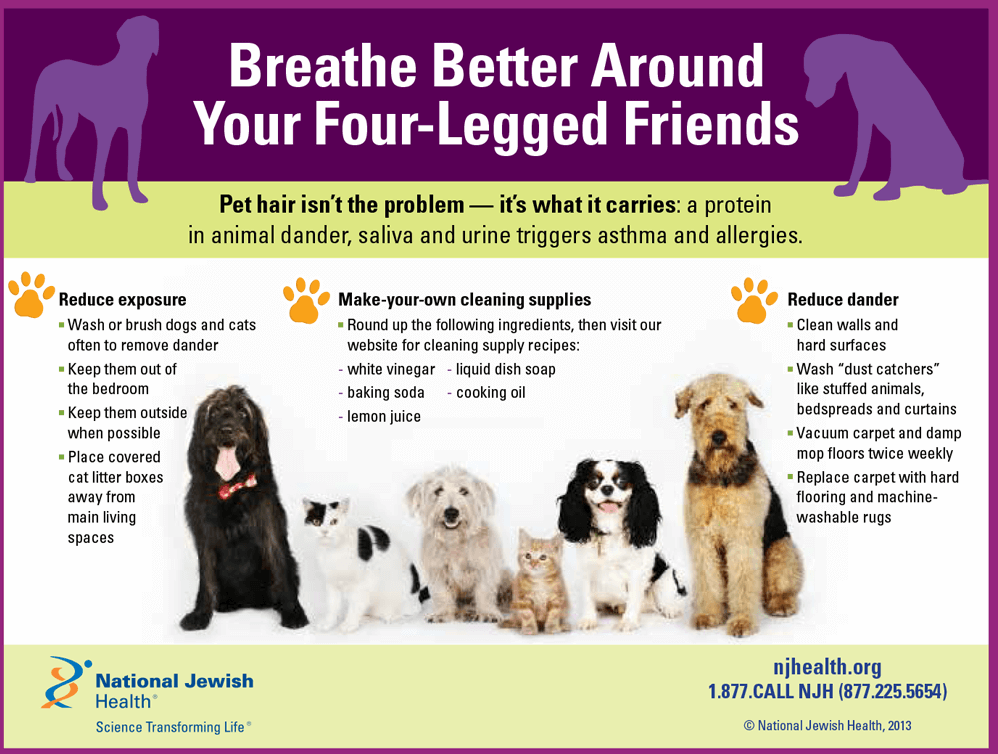Benefits Of Dog Day Care
Benefits Of Dog Day Care
Blog Article
What Vaccinations Are Needed For Canine Daycare?
Whether your dogs hang around at day care or boarding facilities, they require to be updated on all of their called for vaccinations. Core vaccines consist of Bordetella, rabies and DA2PP, which guard against usual diseases that pets are subjected to when in close contact with others.
Non-core injections consist of canine influenza and leptospirosis shots. These are advised for pups that mingle with other pet dogs regularly.
Core Injections
As a critical part of precautionary treatment, canine injections aid keep pet dogs safe from contagious conditions transmitted through straight contact or infected surfaces. Injections stimulate the immune system to develop antibodies that fight illness, and the majority of veterinarians take into consideration core canine vaccinations to be crucial for all pet dogs.
Rabies
The majority of reputable pet dog daycare centers call for that your pet be up to day on their rabies inoculation. Vaccinations are administered to puppies as very early as 12-16 weeks old, and boosters are required every 3 years or so until adulthood. Rabies is a fatal viral condition that spreads out through saliva, usually from attacks. Most states require rabies inoculations for all pets and cats, and some even mandate rabies boosters for family pet proprietors.
Distemper/Parvovirus/Adenovirus (DHPP).
This mix vaccine covers canine distemper, parvovirus, hepatitis, and adenovirus, all of which are very transmittable. Most veterinary offices provide DHPP vaccinations as one shot or in a collection of 2 to four shots, given 2-4 weeks apart, complied with by a yearly booster. This injection is a need for the majority of boarding and doggy daycare facilities, as well as numerous groomers.
Bordetella/Canine Parainfluenza Vaccine.
Bordetella bronchiseptica, typically referred to as kennel coughing, is a really transmittable respiratory infection brought on by the bacteria that triggers the condition. Symptoms include relentless coughing, sneezing, nasal discharge, and fever. Many kennel coughing episodes occur in congested atmospheres, such as childcare or boarding centers, and are especially common in warmer weather condition. This vaccination is a need for most daycare and boarding facilities, and is commonly supplied in a combination with the DHPP vaccine.
Leptospirosis Vaccine.
This is a microbial illness that spreads out via infected water, soil, and urine. boarding training dogs near me Infection can cause kidney and liver damage, in addition to death, and is transmissible to people. A lot of veterinarians will certainly advise this vaccination, based upon geographical area and lifestyle of the pet, for dogs that spend time outdoors or at boarding facilities, in addition to some groomers. This injection is normally provided as a collection of 2 to 4 shots, spaced 2-4 weeks apart, with an annual booster required for the majority of family pets.
Lyme Illness Vaccine.
One of the most typical tick-borne disease in the USA, Lyme condition is transferred by the deer tick and can result in high temperature, joint pain, muscle pain, and anorexia nervosa. The Lyme disease vaccination secures against the most widespread strains of the infection, consisting of the H3N8 and H3N2 strains. The majority of veterinary clinics advise this injection, particularly in risky areas, such as the Northeast, top Midwest, Mid-Atlantic, and along the Pacific coastline.
Noncore Vaccines.
Various other pet dog injections, while not essential for all family pets, are recommended based upon the canine's lifestyle and geographical place. These include the following:.